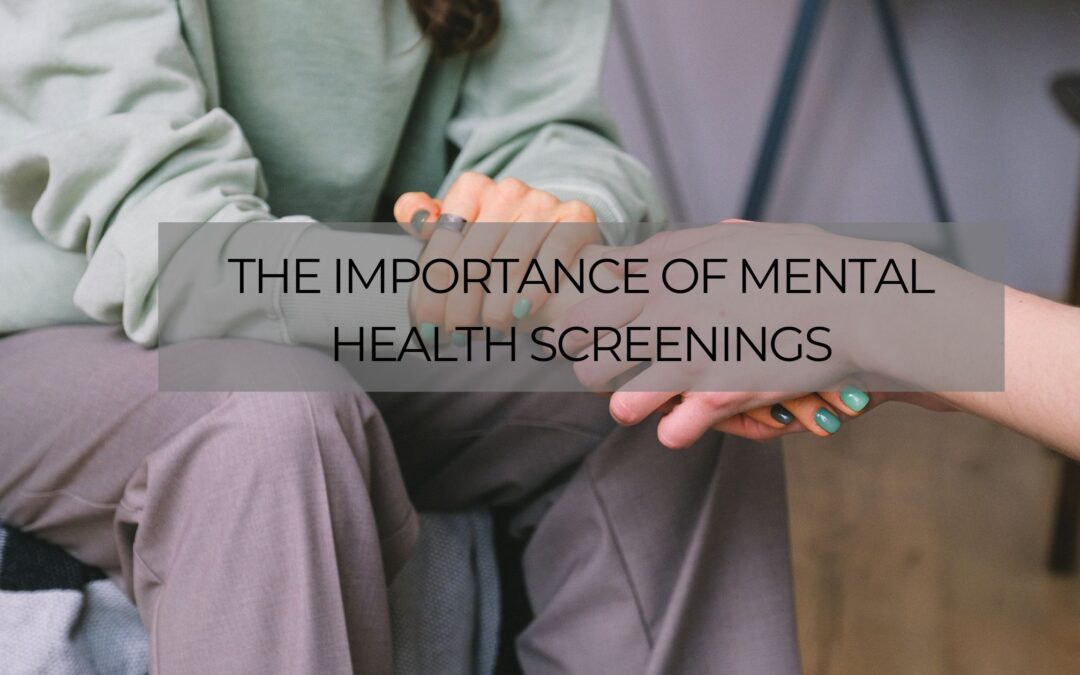A mental health screening is an easy and confidential way to check for signs of a mental health disorder. It can be performed anonymously and quickly. It can also help identify those who may benefit from treatment. Among the various risk factors that can be considered for a mental health condition are: environmental, genetic, and behavioral.
After completing a mental health screening, a doctor or therapist can assess you and provide a comprehensive assessment to help you feel better. These services are beneficial because they help identify early signs of mental illness and provide the necessary intervention to improve your condition.
Why Are These Screenings So Important?
The most common mental health disorders detected during screening are anxiety, depression, and PTSD. Since many people with these conditions have these symptoms, they may not realize they need additional attention.
Aside from regular doctor visits, mental health screenings are essential to ensure you receive the proper treatment. About seven to ten million people in the US have at least one mental health condition. Unfortunately, many of these individuals are not receiving the help they need and are only treated for one of these conditions. Through these screenings, people can receive the support they need and receive the help they deserve.
Why Do You Need One?
Individuals who exhibit one of the signs of a mental health disorder should undergo a mental health screening. Schoolchildren are also encouraged to get one if they exhibit any symptoms. Some of these include worry or fear, irritability, fatigue, and changes in their behavior, such as avoiding social activities or gatherings.
Some of the symptoms commonly detected during a mental health screening may be related to the typical aspects of adolescence. However, a diagnosis can also help identify other issues that require treatment.
What to Expect
During a behavioral health screening, your child or adolescent will be asked to complete a survey about their various characteristics. This is part of the routine assessment. Besides being asked about their behavior, the survey will also be used to check on their sleep, appetite, mood, and school performance.
The providers will use an appropriate survey for your child to make the process easier. It will be sent out using a list of approved tools, which can help highlight areas you might be concerned about.
During the screening, the therapist or doctor can discuss developmental expectations, parenting techniques, and other related topics. They can also provide reassurance and help you feel better.
